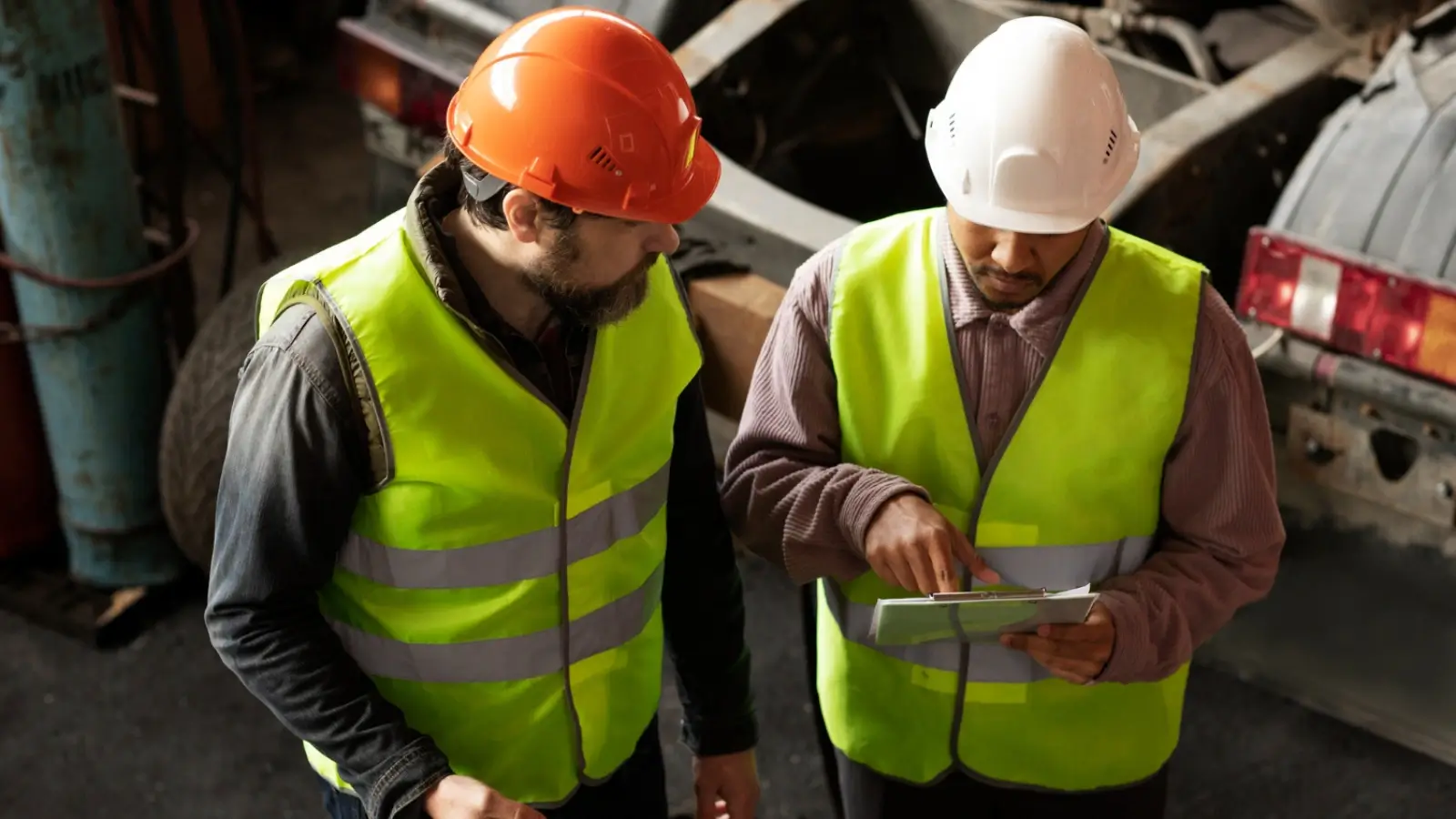


Creating and maintaining a safe workplace is not only a legal obligation but also a moral imperative for businesses worldwide. In today's dynamic work environments, safety hazards can emerge from numerous sources, often unpredicted, making it essential for organisations to implement robust strategies to mitigate risks. Employing the expertise of a WHS consultant can be pivotal in navigating the complexities of workplace health and safety (WHS) and in crafting a secure and productive atmosphere for employees.
WHS consultants are seasoned professionals specialising in analysing and advising on various aspects of workplace safety. Their vast knowledge of safety standards, legislation, and best practices enables them to provide insights tailored to the unique needs of each organisation. Through comprehensive assessments and recommendations, WHS consultants help businesses prevent accidents, ensure compliance, and foster a culture of safety among staff.
One of the foundational strategies that WHS consultants emphasise is the importance of risk assessments. By systematically identifying potential hazards in the workplace, employers can take proactive steps to remove or reduce these risks. A thorough risk assessment covers every facet of the workplace, from physical safety to psycho-social factors, resulting in a detailed understanding of the environment that employees engage with daily.
Every workplace is unique, and a generic approach to safety policies will not suffice. A key strategy brought forth by expert WHS consultants is the customisation of safety guidelines. They assist in drafting tailored policies and procedures that align with the specific operations, culture, and risks of an organisation while maintaining compliance with relevant legislation and standards.
Training and education are vital components of a successful WHS strategy. Expert consultants emphasise the need for regular, comprehensive training sessions to ensure that all employees are aware of the safety procedures, their responsibilities, and how to respond during emergencies. Education programs should also cater to different learning styles and languages spoken within the workforce to maximise effectiveness.
Employee engagement in WHS practices is crucial for fostering a collective responsibility towards workplace safety. Expert consultants advocate for involving staff in safety discussions, decision-making, and committees. This inclusive approach not only improves compliance but also empowers employees to contribute their ideas and insights for enhancing safety protocols even further.
Technological advancements have transformed the way safety is approached within the workplace. Sophisticated software systems and innovative tools can streamline the implementation and monitoring of safety practices. Expert WHS consultants are adept at advising on the integration of technology into safety strategies, helping organisations to stay abreast of the latest developments and ensuring effective safety management.
A static approach to WHS is ineffective in the long term. WHS consultants stress the need for continuous improvement and regular monitoring of safety initiatives. This involves setting clear targets, regularly reviewing safety systems, and adapting procedures to accommodate changes in the workplace or industry regulations. Continuous improvement ensures that safety strategies remain efficient and relevant over time.
While prevention is the primary goal, incidents can still occur. Expert WHS consultants guide organisations on establishing robust reporting and investigation protocols. Thorough documentation and analysis of all incidents, no matter how minor, can provide valuable insights into potential systemic issues and help prevent recurrence.
Cultivating a culture that prioritises safety cannot be understated. An expert WHS consultant will work with management teams to develop and nurture a safety-first mentality across all levels of the organisation. From senior leadership to new hires, every member of staff should believe in and practice the principles of safety daily, contributing to a healthier, accident-free workplace.
To assess the effectiveness of implemented safety measures, WHS audits are indispensable. Professional consultants perform comprehensive audits to ensure that all safety practices comply with regulations and are effectively safeguarding employees. Audits also highlight areas that require attention, enabling businesses to make informed decisions about improving their safety approaches.
Mental health is an integral part of overall workplace safety. Expert consultants recognise this and advise on creating mental health strategies that support employees' psychological wellbeing. This aspect of WHS includes initiatives such as stress management programs, access to counselling services, and strategies to manage workplace bullying or harassment, all aiming to nurture a supportive and resilient work environment.
Establishing and monitoring key WHS performance indicators is a strategy that allows businesses to measure the success of their safety efforts. Consultants help in selecting appropriate metrics—such as injury rates, near misses, and employee safety feedback—that provide tangible evidence of the safety climate within the organisation and guide further improvements.
Transparent communication between management and employees is essential for effective WHS management. WHS consultants recommend implementing open channels for reporting hazards, expressing concerns, and suggesting improvements. Such dialogue should be free from repercussions, encouraging everyone to actively contribute to the safety discourse without hesitation.
Finally, staying ahead of the curve by anticipating future challenges is what sets expert WHS consultants apart. They analyse emerging industry trends, regulatory changes, and potential new hazards to ensure businesses are prepared for future WHS requirements. This forward-thinking approach guarantees that workplace safety strategies remain comprehensive and cutting-edge, ready to protect workers against tomorrow's risks.
In conclusion, WHS consultants offer an array of strategies and insights that are vital for the health and safety of every workplace. By partnering with an expert WHS consultant, businesses can ensure they are not only compliant with legal standards but are also establishing a proactive culture of safety that benefits all stakeholders. The advanced expertise of these professionals can be the key to unlocking a safer, more prosperous workplace.